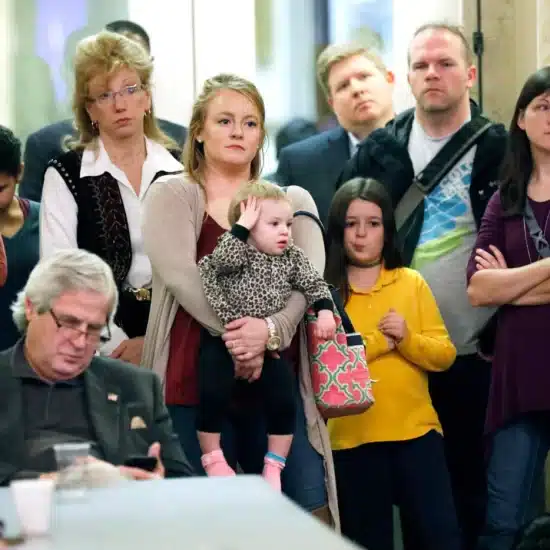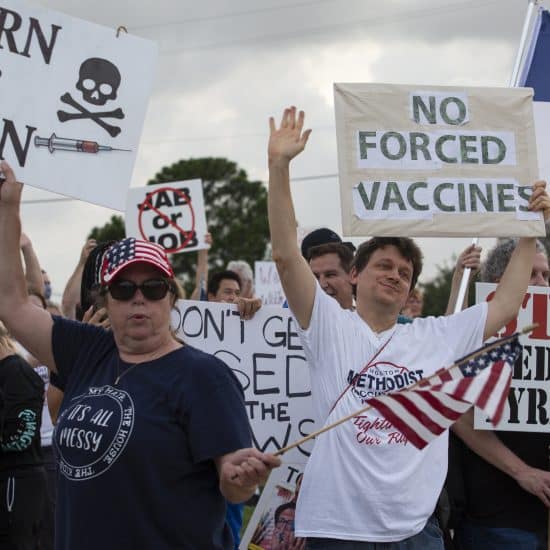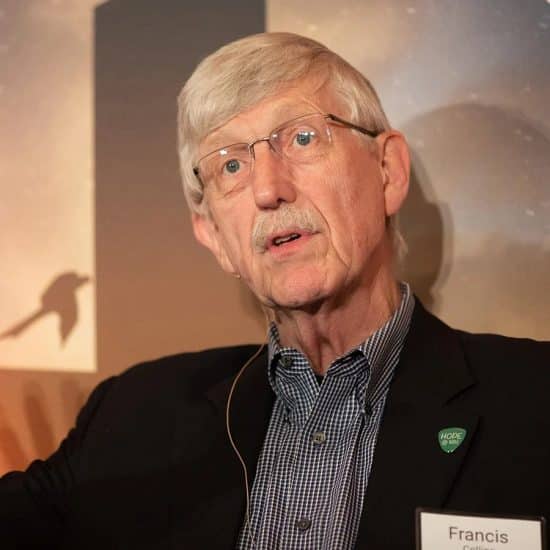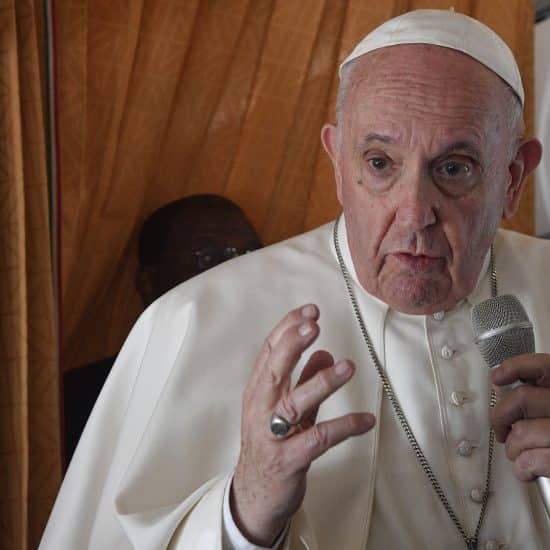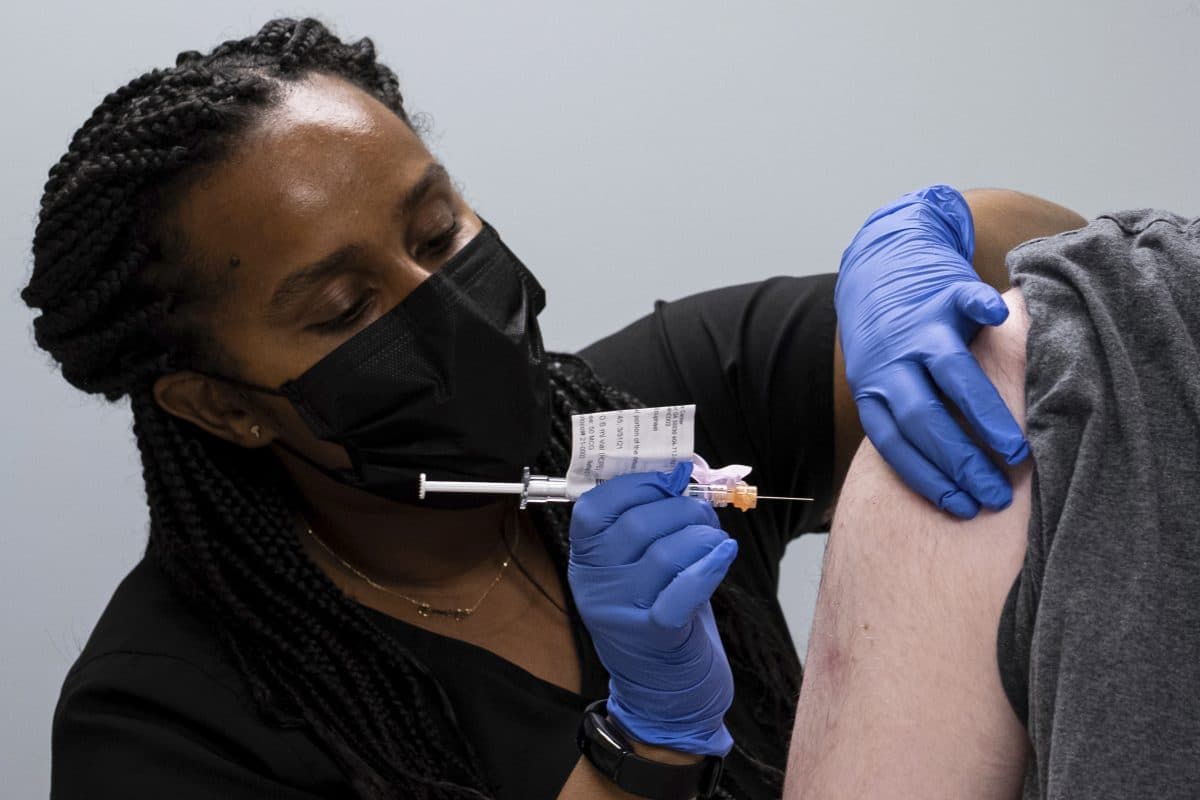
I received my second COVID vaccination shot on Mother’s Day, and I’m concerned.
With the millions of doses our nation has and often has had to discard, It bothers me much of the rest of the world scrambles to help their own citizens. And how, even with all those available doses, it doesn’t seem like we’ll reach the promised land of herd immunity.
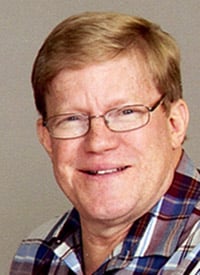
Ken Satterfield
Will my vaccine lose its potency while people opt to wait? Will there be a need for boosters because of people’s reluctance?
The Ad Council, an advertising association responsible for such well-known campaigns such as “Just Say No” and “Friends Don’t Let Friends Drive Drunk,” began working on these concerns last October. In the Washington Post Magazine, David Montgomery details how they tried to discover a message or a phrase that would encourage hesitant Americans to get vaccinated.
Their research found what we’ve been hearing: we live in a divided country. In such a climate, what approach would appeal to those who are skeptical about COVID vaccines?
The first step was to refocus. Rather than convince people of the need, they realized they had to start by acknowledging this target audience was uncomfortable. In addition, a few primary hesitancy concerns were identified. One of these was suspicion, found in many communities of color with misgivings as a result of the Tuskegee syphilis study where hundreds of Black men went untreated for decades. Conspiracy theories were another.
They tested messaging. Civic duty and a return to normal were not effective with these audiences. Discussing that vaccination was a personal choice, one possibility emerged: “It’s up to you.” Despite fears that that this would be promoting an optional decision, it communicated well, and the message was often combined with the idea of life’s missed moments.
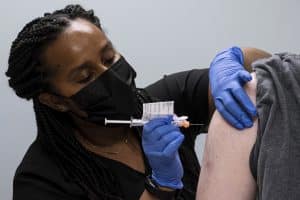
Cole Smith receives a Moderna variant vaccine shot from clinical research nurse Tigisty Girmay at Emory University’s Hope Clinic in Decatur, Georgia, on March 31, 2021. (Ben Gray/Associated Press)
Added to this were two ingredients: a site to address hesitancy concerns, GetVaccineAnswers.org, and an emphasis on utilizing trusted messengers – “doctors, scientists, preachers, activists, and celebrities” – to answer questions.
Will these and similar efforts be successful? We’ll see.
Okay, now stop and start reading this column again. Only this time, replace the idea of vaccinations with the idea of sharing our faith.
We live in a divided country. In this climate what approach would be effective to reach those skeptical about a relationship with Jesus Christ?
We need to acknowledge that this is a decision that can make people suspicious or uncomfortable. It comes down to a personal choice. And it helps to have a source for answers, the Bible, combined with a slightly different set of trusted messengers including our friends.
Some may find irony comparing responses to a possibly beneficial vaccine and the potential of becoming a Christ-follower. For others, the irony instead may be comparing the urgency of receiving a vaccine while being silent about sharing our faith.
What message will be effective if it is a priority to carry out the Great Commission? It’s up to you.
Ken Satterfield, a contributing writer for Word&Way, has more than three decades of media and marketing experience for Baptists and is currently a freelancer in Jefferson City, Missouri.


